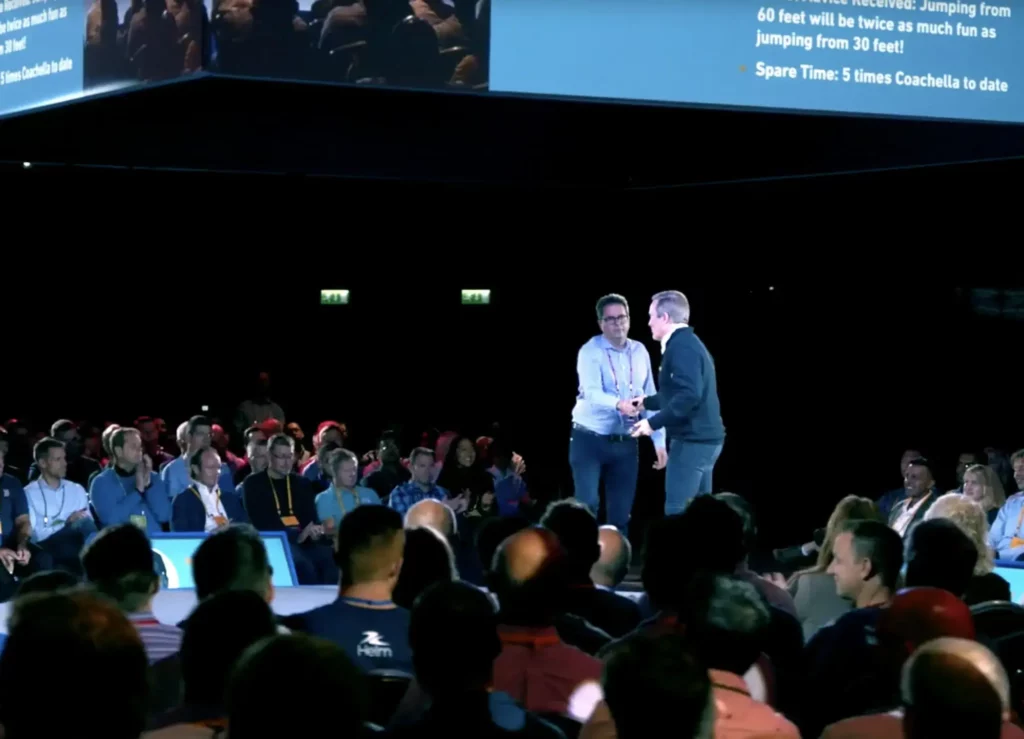Comprometidos com você a longo prazo
Como mantemos as empresas para sempre, todas as decisões que tomamos têm em mente o futuro.
Nossa História

O Grupo Volaris é um adquirente de empresas de software com foco no sucesso de longo prazo das empresas e dos líderes que escolhem se juntar a nós. Oferecemos uma sede permanente para sua empresa, autonomia para operar seus negócios e uma comunidade de aprendizado para ajudá-lo a crescer.
A Volaris é um grupo operacional da Constellation Software Inc. (TSX: CSU ). Fundada por Mark Leonard em 1995, a Constellation Software é uma fornecedora internacional de software e serviços para inúmeras indústrias do setor público e privado. Com mais de 125.000 clientes em mais de 100 países e um histórico comprovado de crescimento consistente, a Constellation construiu um portfólio diversificado de empresas de software que oferece retornos excepcionais aos seus acionistas.
A base do que se tornaria a Volaris cresceu em torno da primeira aquisição da Constellation, a empresa de software de transporte público Grupo Trapeze. O CEO da Trapeze, Mark Miller, realizou sua primeira aquisição em 1996 e integrou o Grupo Volaris em 2011, marcando o início da expansão da empresa para além do setor de transporte público. Desde então, a Volaris cresceu e passou a incluir mais de 240 empresas em mais de 40 mercados verticais diferentes em mais de 60 países.
Nossa Presença Global
Explore a presença do Grupo Volaris ao redor do mundo e clique em cada país para obter mais informações.























